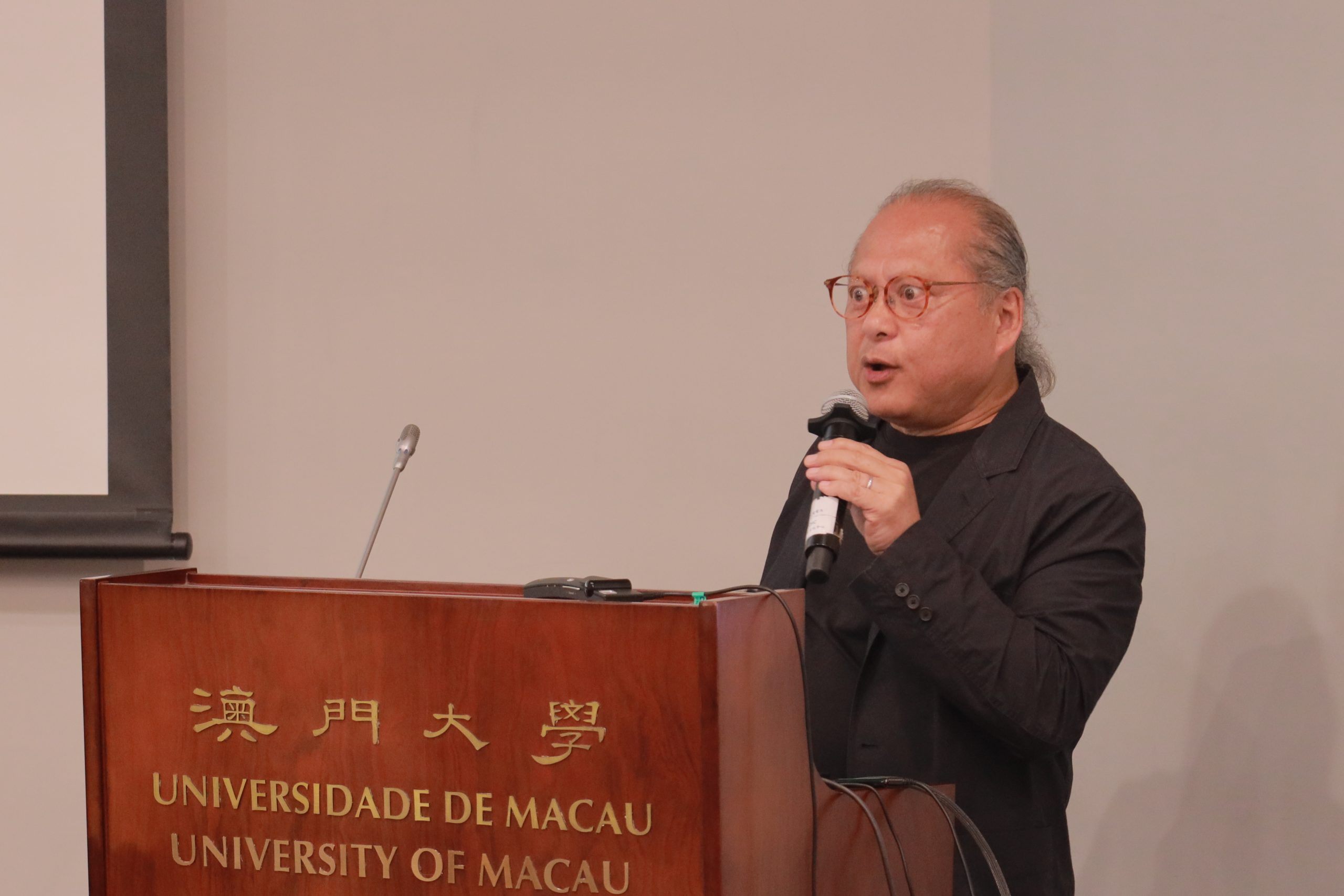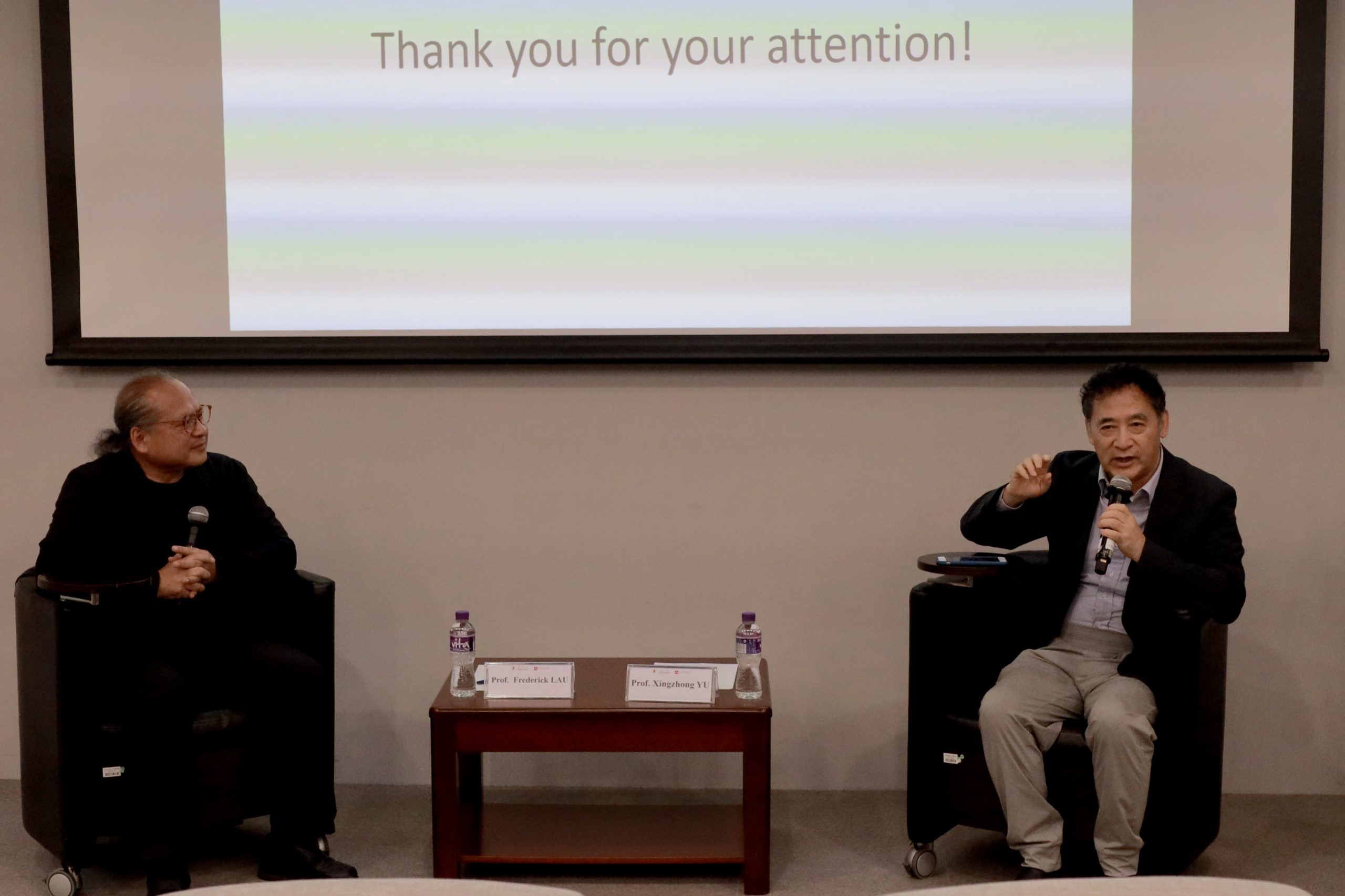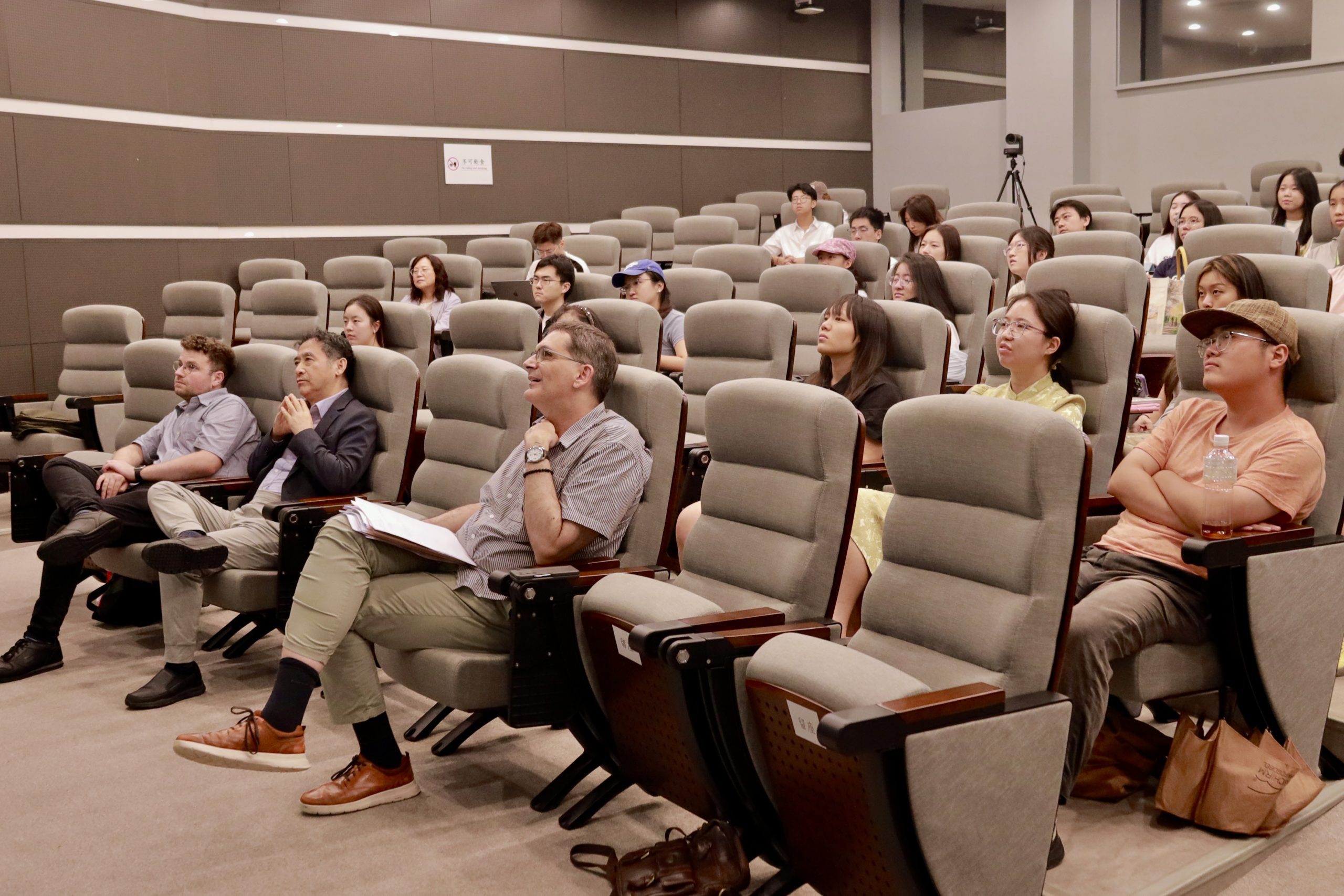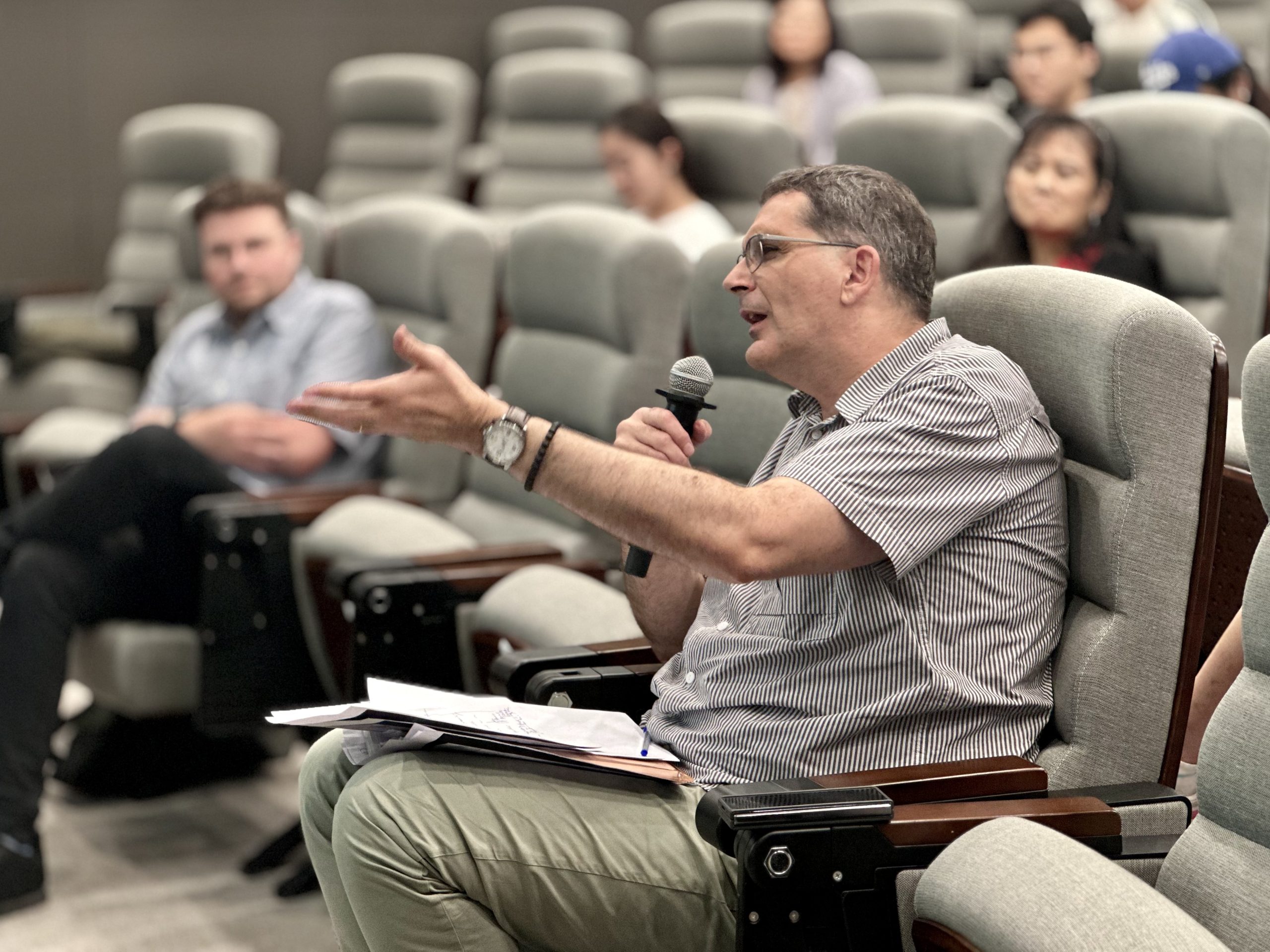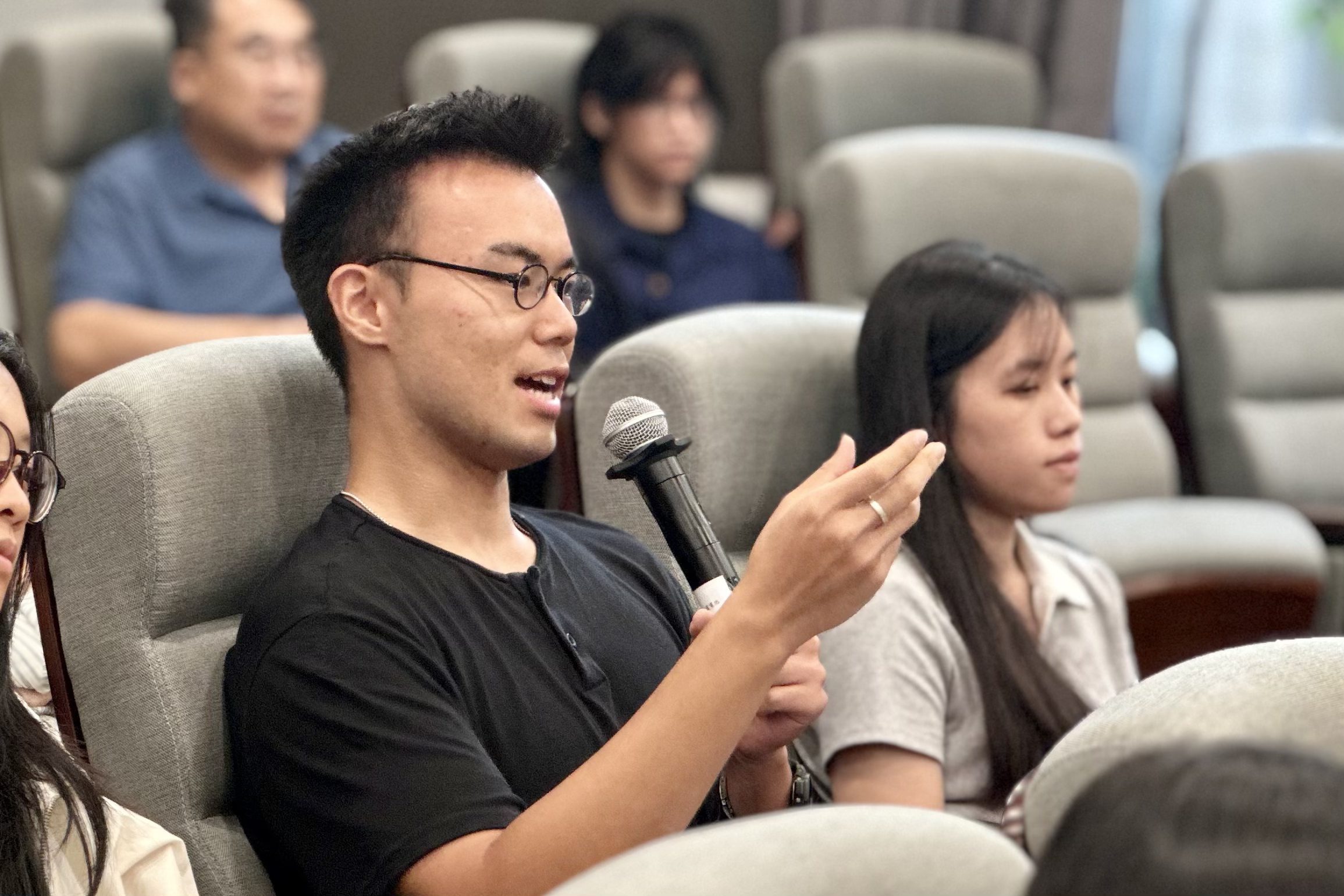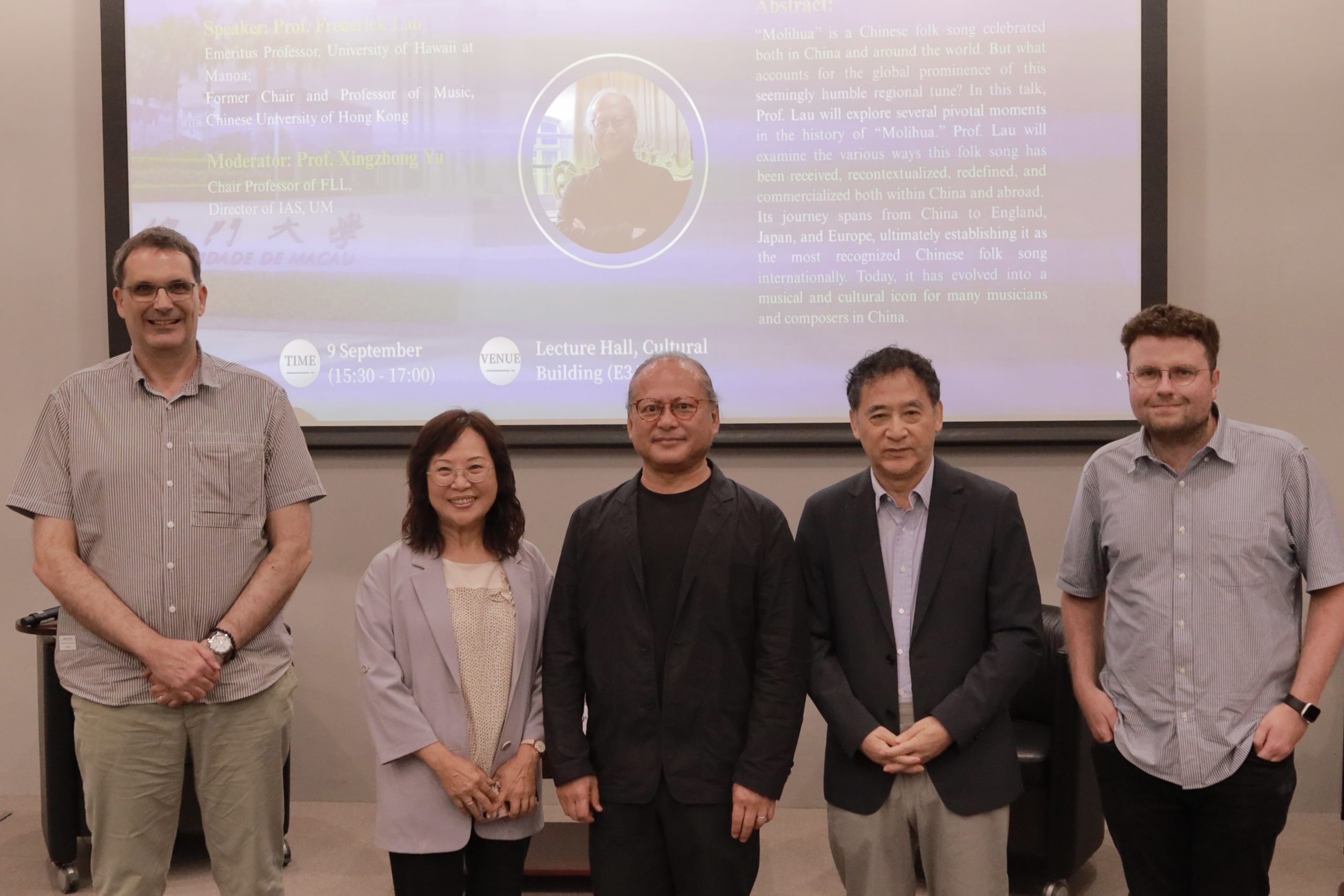【IAS】Professor Frederick Lau Speaks in Guest Lecture at IAS
【高研院】由劉長江教授主講之嘉賓講座圓滿舉行

| The IAS promotional video has been launched! We cordially invite you to watch and help spread the word! | ||
|
English |
|
中文 |
|
On the occasion of the fifth anniversary of the Institute for Advanced Studies in Humanities and Social Sciences at the University of Macau, we would like to express our gratitude for your unwavering support to us. Your involvement and support have helped build a strong foundation for our interdisciplinary research platform and inspired us to keep moving forward. The IAS is excited to carry on our mission, rooted in Macau, by organizing high-quality academic activities that showcase the diversity of academic collaboration. |
||
9月9日,澳門大學人文社科高等研究院(高研院)成功舉辦題為”音樂能為中國研究帶來什麼?”。講座由夏威夷大學馬諾阿分校榮休教授、前香港中文大學音樂系主任及教授的劉長江(Frederick Lau)教授主講。高研院院長及法學院講座教授於興中教授指出,這是高研院首次舉辦以音樂為主題的學術活動。
劉教授探討了音樂如何作為文化文本和社會文本發揮作用,為理解中國的歷史、社會價值觀和文化動態提供了一個細緻入微的視角。通過深入分析,他闡述了這首著名歌曲的歷史角色如何從單純的本土民間音樂,演變為兼具民族敘事和國際想象的中華身份象徵,並隨著時間的流逝而被不斷改編和重新詮釋。
講座討論了以下關鍵議題:中國學術研究中音樂和聲音的基本背景信息;該歌曲在不同歷史時期和社會語境中的變遷;音樂在傳遞集體記憶、民族情感和軟實力方面的作用;以及以音樂為基礎的研究在豐富中國文化跨學科研究方面獨具潛力。
講座中,劉教授播放了多個版本的該歌曲,包括中國傳統民歌版本、普契尼歌劇《圖蘭朵》的改編版本、好萊塢電影《大地》的改編版本以及雅典奧運會閉幕式的演出版本等等。熟悉的旋律和歌詞一度觸動全場,引得聽眾們由衷地合唱。
在問答環節,聽眾們與劉教授積極互動,並提出了許多發人深省的問題,例如在截然不同的西方文化和語言環境中,這首歌的重新詮釋和改編會產生哪些新的內容。這些對話也凸顯了音樂分析與人文社會科學研究日益融合的研究興趣。
六十餘名教師和學生聆聽了此次講座。通過強調音樂的敘事和文化意義,本次講座為跨學科討論開闢了新的途徑,同時展示了高研院為擴展中國研究中使用的更多樣化分析框架所做的嘗試。
On September 9, the Institute of Advanced Studies in Humanities and Social Sciences (IAS) at University of Macau successfully hosted the guest lecture entitled “What Can Music Bring to the Study of China?”.

